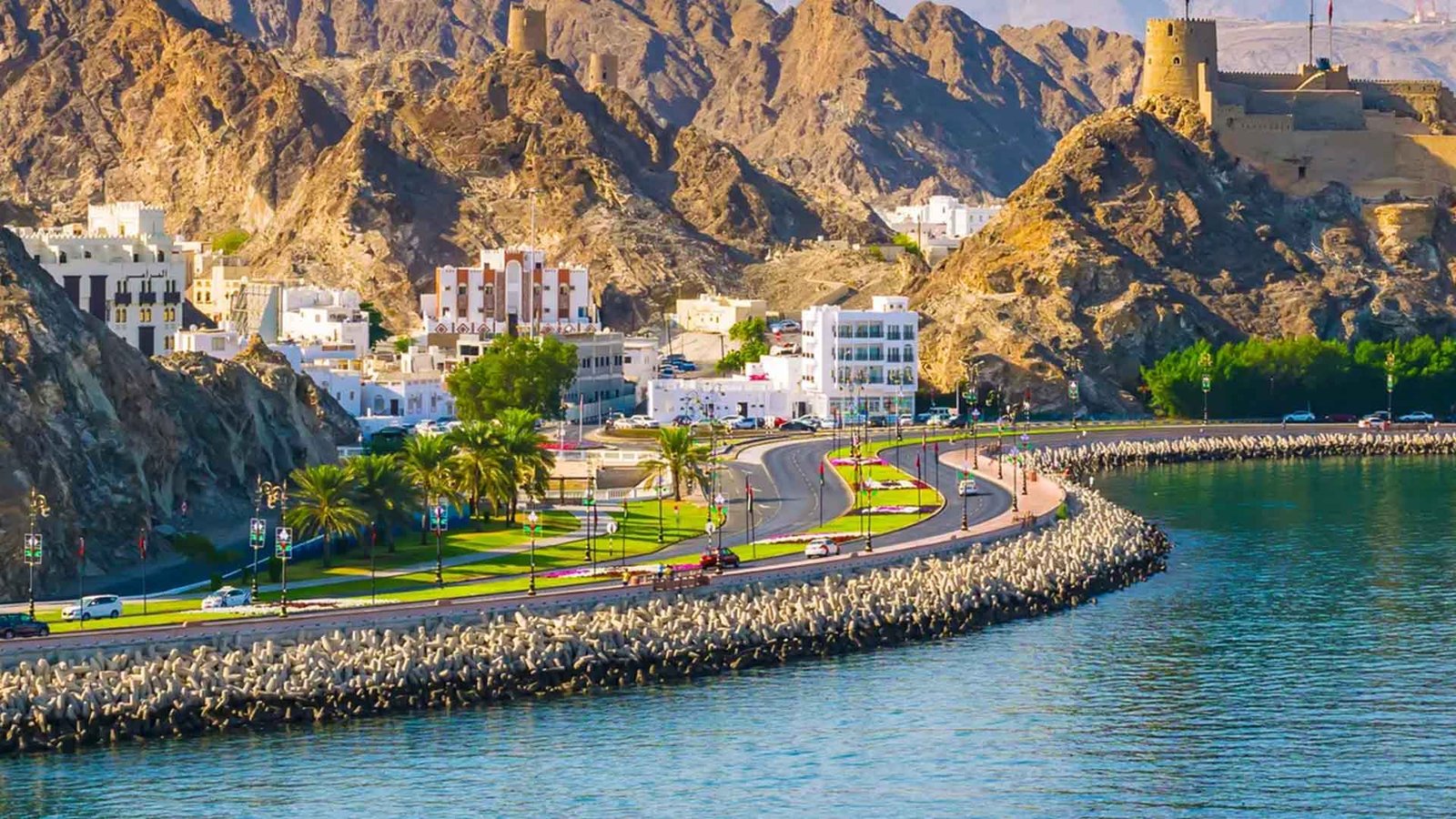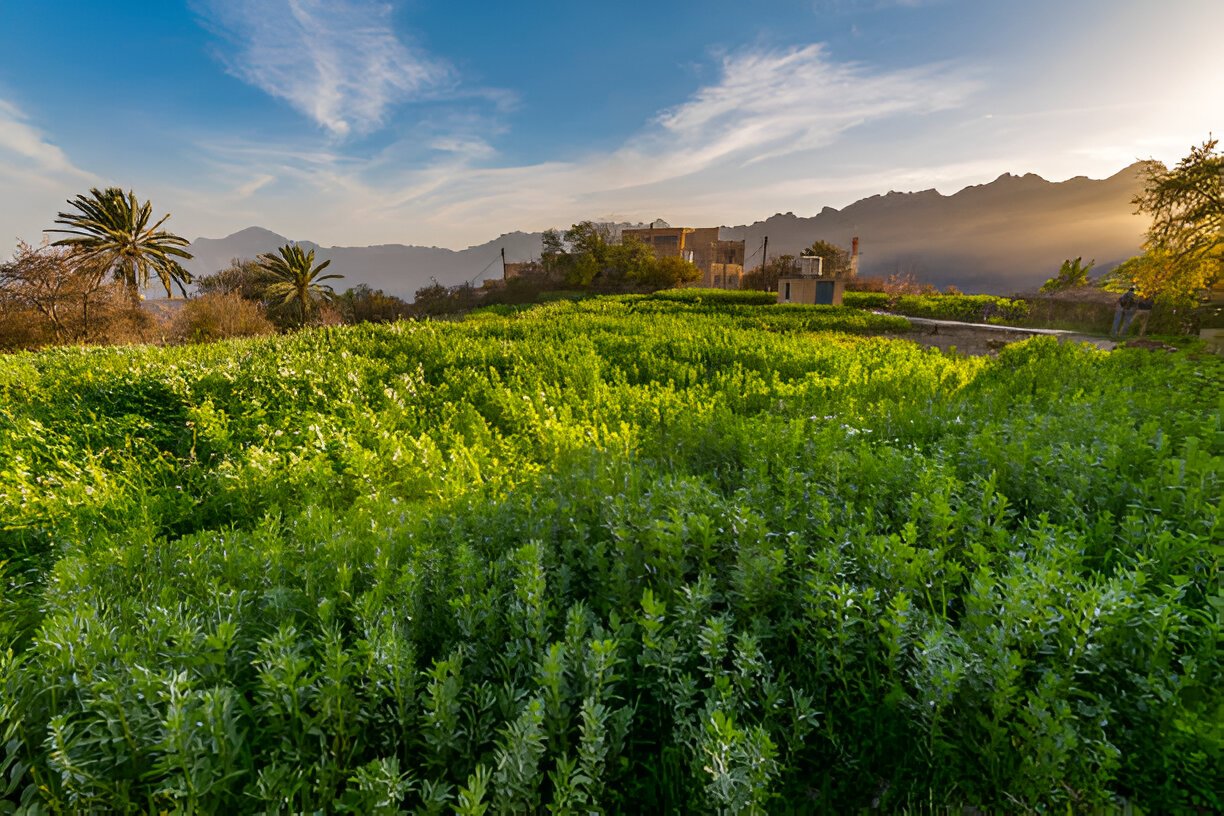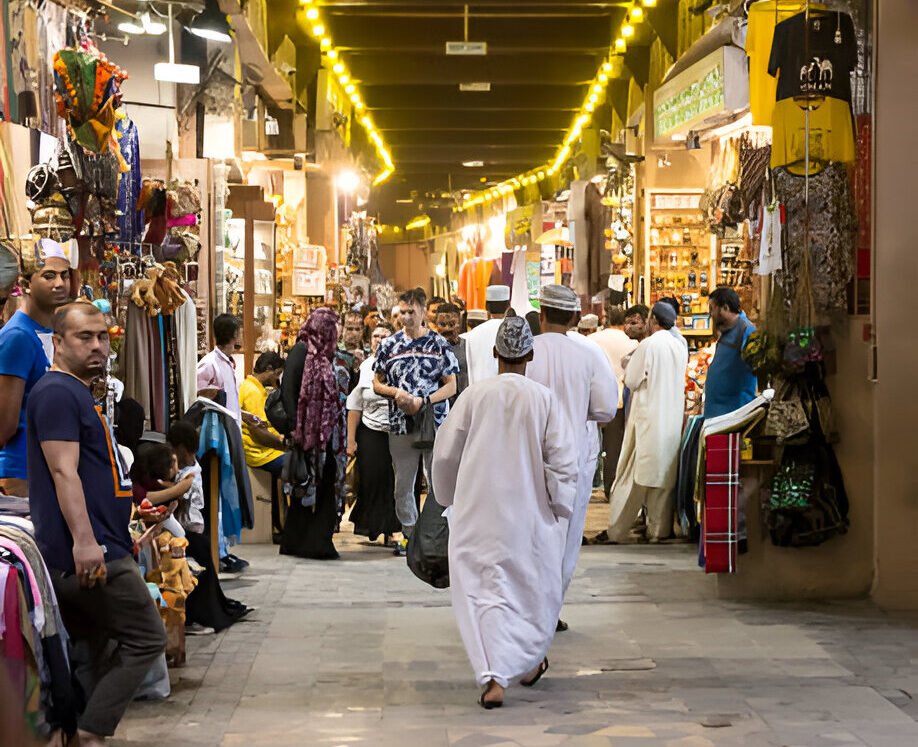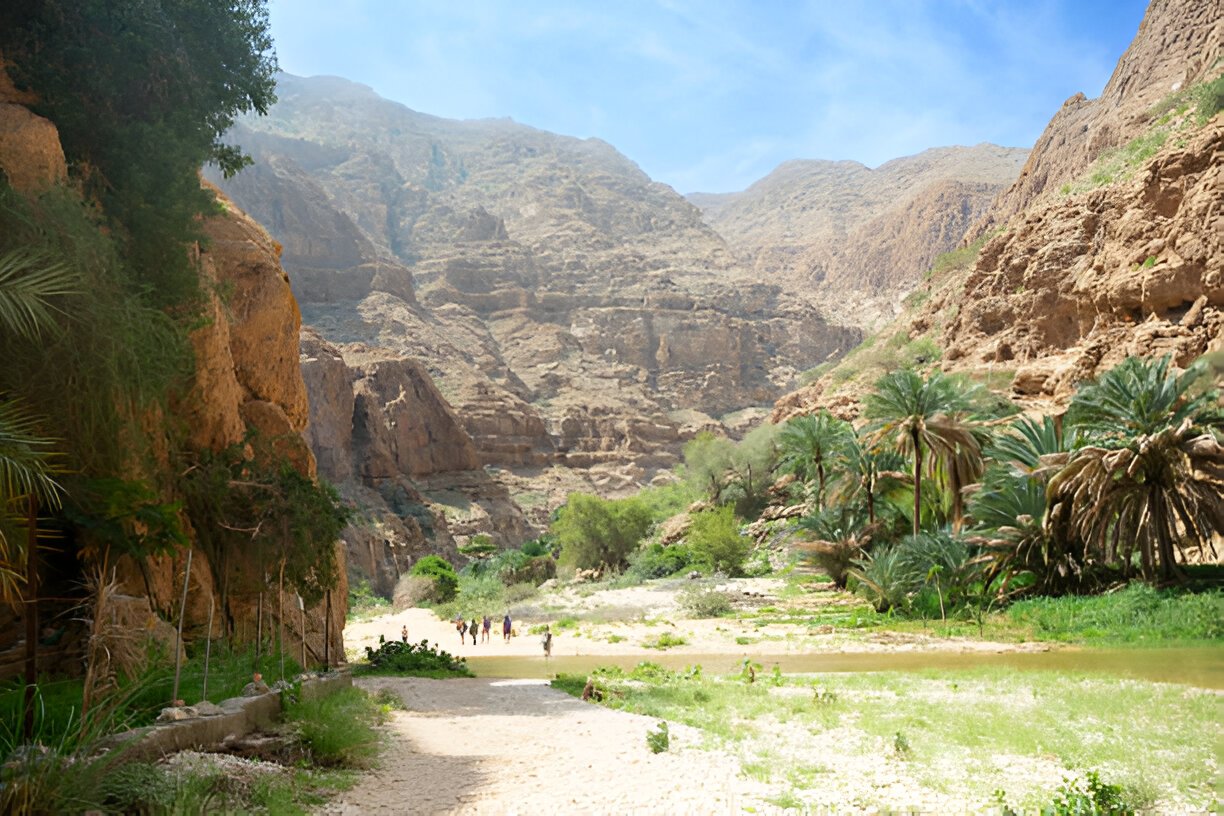

Oman, with its beautiful landscapes, ancient culture, and the race of wild animals unique to the area, is an earthly paradise for travelers. However, to appreciate the beauty of this country, we should do it carefully. Eco-tourism in Oman is all about making sure that we impact the environment of both people and wildlife in the right way and use natural resources in the best possible manner. In this blog, we will provide sustainable travel tips that enable you to experience your trip to Oman in an environmentally friendly manner and introduce new ways of reuse and recycling.
Sustainable travel is the way to have fun, discover yourself, and the world you want to be unique, and at the same time, the environment should remain colorful and gorgeous for the next generations to come.
Apart from the main activities of eco-friendly travel, selecting eco-friendly accommodations that recognize sustainability as a priority is the very first step. Many of the hotels and lodges in Oman have commitments to eco-tourism in Oman and eco-friendly practices.
Eco-lodges are structures that minimize the impact on the environment. They often use renewable energy, are made from recycled materials, and support various conservation efforts. You should look for places to stay that have received awards like the Green Key or are listed on eco-friendly travel sites.
Alila Jabal Akhdar, for instance, is a gorgeous hotel in the Al Hajar Mountains that pays considerable attention to sustainability. It is powered by energy-efficient systems, uses local materials, and supports community projects, making it a key player in eco-tourism in Oman.
One of the most enriching aspects of eco-tourism in Oman is the opportunity to stay with local communities. Home-staying with an Omani family allows travelers to immerse themselves in the daily life and traditions of the country, offering a unique cultural experience that goes beyond conventional hotels or resorts.
This experience involves participating in community routines, sharing meals made with local ingredients, and learning about Omani customs directly from the people who live them. Not only does this make your stay more meaningful, but it also supports the local economy, ensuring that the benefits of tourism are shared more equitably.
Staying with local communities helps preserve cultural heritage by allowing visitors to experience it first-hand, fostering a deeper understanding and respect for Omani traditions. Programs like Oman Homestay connect travelers with families across the country, offering an authentic cultural experience while providing financial support to local families.
Staying with local communities allows travelers to not just see Oman but to live it. This experience is a testament to the power of tourism to build bridges and create lasting bonds.
In essence, home-staying in Oman is about becoming a temporary member of the community, contributing to sustainability, and leaving with a deeper appreciation for the unique and vibrant culture of Oman. It’s a choice that aligns perfectly with the ethos of eco-tourism in Oman, where every decision is made with the well-being of the environment and local communities in mind.
Ras Al Jinz Turtle Reserve is a place where you can view endangered green turtles nesting and hatching on the beach. Choose tours that respect the animals’ natural life cycles, avoid wildlife harassment, and guide you through a safe and reliable experience that supports eco-tourism in Oman.
Visiting nature conservancies and watching them do their magic really makes me feel small. The awe of the world is there, and we are part of it, but only when we are responsible and protect nature.
Dolphin watching is a common activity in the coastal areas of Muscat and Musandam. Be sure to travel on a boat that follows safety guidelines, such as keeping the required distance for the enjoyment and well-being of the dolphins and avoiding overcrowded boats, all of which are important practices within eco-tourism in Oman.

Environmental sustainability is not the only factor that must be considered in relation to tourism; the promotion of the local economy and communities is also an important aspect of eco-tourism in Oman.
Eating at local restaurants doesn’t just give you a real culinary adventure but also helps local farmers and businesses. This is an essential part of eco-tourism in Oman. You can start with some familiar Omani dishes such as Shuwa and Majboos at local eateries.
“Enjoying local cuisine not only tastes great but is also a painless way to support sustainable travel,“ says a food enthusiast. This way, every meal the local farmers and chefs prepare finds the nourishment to live on.

Add value to your eco-tourism trip by learning about the area’s conservation initiatives and actively participating in volunteer work, reinforcing your commitment to eco-tourism in Oman.
Oman offers a variety of local initiatives where you can volunteer, such as helping out in national parks with unique ecosystems like mangroves, turquoise seas, and diverse marine life, including dolphins. By visiting and volunteering at these conservation sites, you not only contribute to the preservation of the environment but also support eco-tourism in Oman.
Volunteers often build strong connections with nature as they work together to clean up these ecosystems. The local conservation society, like the Oman Botanic Garden, is always in need of extra hands to help with various projects, such as planting trees and picking up trash from beaches. These activities are a great way to give back to the community while promoting eco-tourism in Oman.
Getting involved in the local community through volunteering is beneficial for both the environment and the local people. Over time, these experiences become even more meaningful.
- Volunteer Coordinator
Exploring the traditional villages of Oman not only revives the country’s magnificent past but also testifies to the diverse cultural practices and norms still actively cherished by the locals. Villages such as Misfat Al Abriyeen and Al Hamra present aged structures and ancient settlements, making them key destinations for eco-tourism in Oman.
Tips for Visiting:

A rich historical significance of Oman is manifested by ancient ruins that abound in the region. Landmarks like the ruins of Al-Baleed and the Bat Necropolis provide reference points that were part of ancient Oman, making them integral to the experience of eco-tourism in Oman.
🟥 By visiting ancient ruins, people who travel to Oman can get in touch with the enormous history and cultural legacy of the region.
Oman is a destination that offers a unique blend of natural beauty, rich history, and vibrant culture, making it a true paradise for eco-conscious travelers. However, with this beauty comes the responsibility to protect and preserve it.
Eco-tourism in Oman is not just about enjoying the breathtaking landscapes and ancient sites; it’s about ensuring that these treasures remain intact for future generations. By embracing sustainable travel practices, such as staying in eco-friendly accommodations, supporting local communities, and participating in responsible wildlife tourism, you contribute to the preservation of Oman’s environment and cultural heritage.
Whether you’re hiking through its majestic mountains, exploring traditional villages, or snorkeling in its crystal-clear waters, remember that every step you take can make a difference.
Choose eco-tourism in Oman, and become a part of the movement that values the well-being of both nature and local communities, ensuring that the beauty of Oman remains for all to experience.
Never miss any important news. Subscribe to our newsletter.







